Radio Signal Discovered In Space Is Eight Billion Years Old
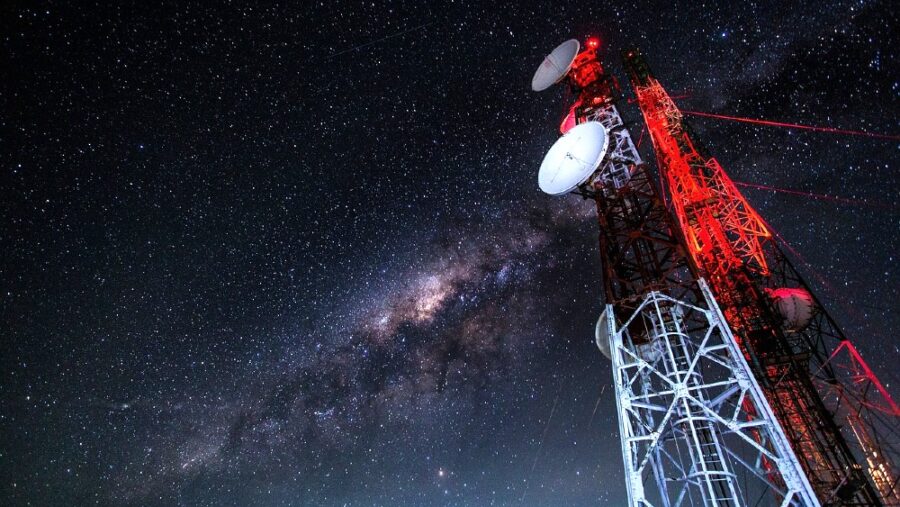
According to indy100, scientists have received a radio signal from space that is some 8 billion years old. The signal was a “fast radio burst” that lasted for a millisecond but contained extremely high levels of energy. Designated as FRB 20220610A, this burst of radio-frequency electromagnetic radiation registered an impressively large amount of energy roughly equivalent to what is released by our sun over the course of 30 years.
It Could Be The Merging Of Galaxies
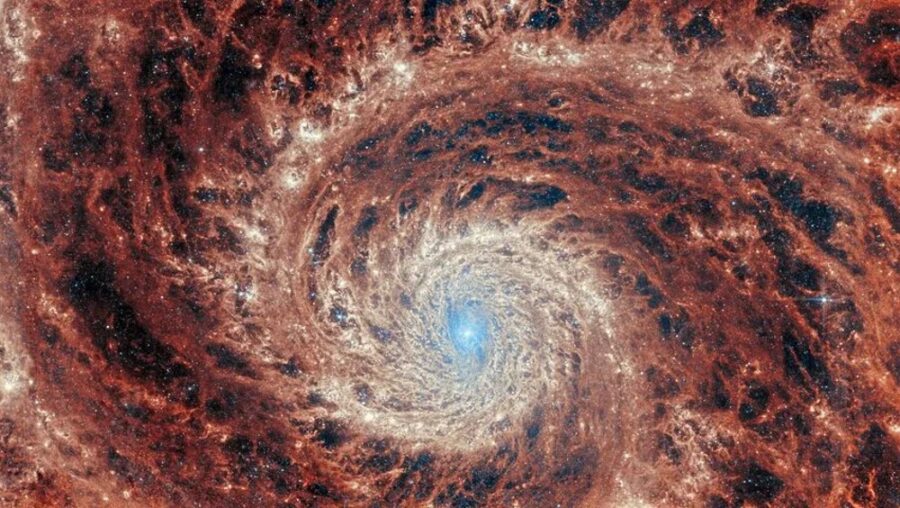
Since these quick radio signals from space last for such short periods of time, it can be difficult to know what their true nature actually is. Astronomers believe that these bursts occur when galaxies merge and create new stars. These signals can also be “weighed,” allowing astronomers to measure the mass of those unaccounted-for elements in the universe that exist between galaxies.
The SKA Pathfinder First Detected The Signal
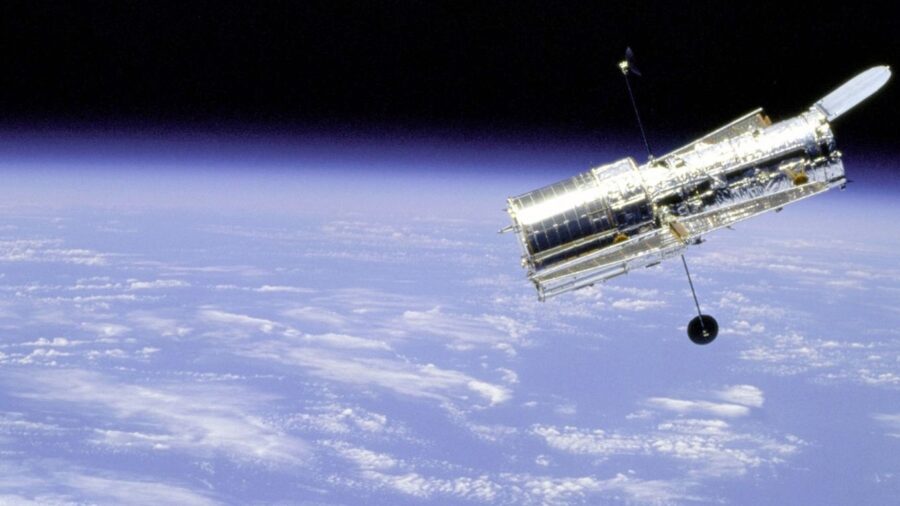
As Ryan Shannon, co-author of the study of the radio signal from space says, about half of the matter that should be in our universe appears to be missing when we count up all of the normal matter. That means missing matter could be tucked away between galaxies in states that are so diffuse and hot that normal techniques are incapable of detecting it. Shannon and his team made their findings using Australia’s SKA Pathfinder radio telescope, after which scientists in China used their own telescope to take further measurements.
The Oldest Signal Ever Recorded
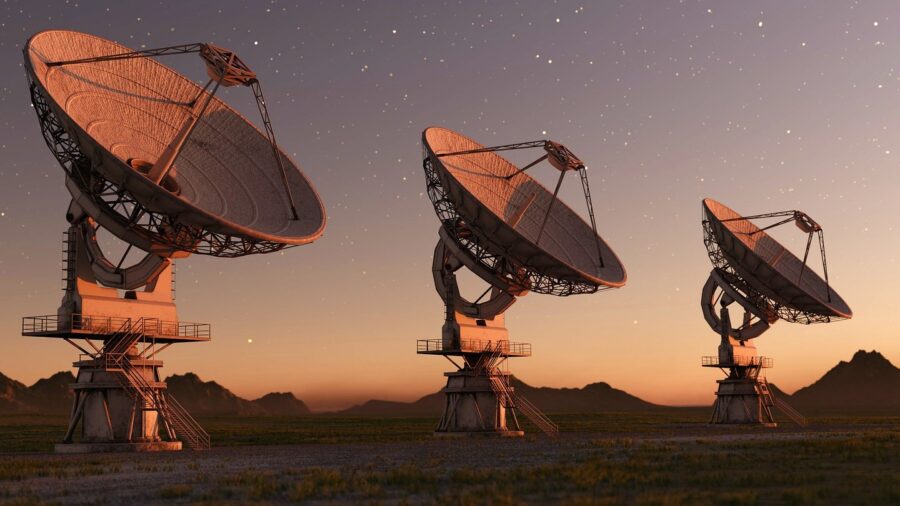
This short-burst radio signal in space was then determined to be the most remote and oldest example of such a signal yet recorded. Similarly, earlier this year, astronomers discovered an object that emits radio waves every 21 minutes, leaving them mystified as to how this phenomenon takes place. That object has been putting out radio signals for some 45 years.
The Cosmic Timing Of The Ancient Signal
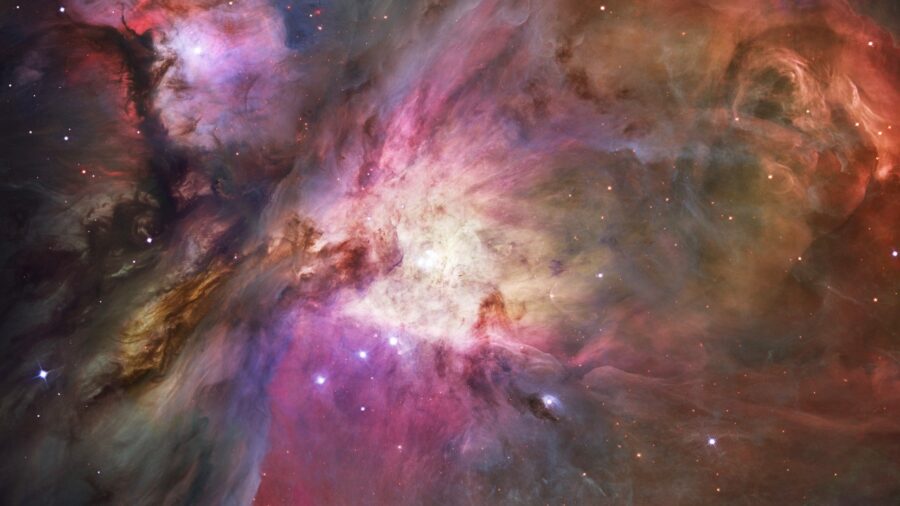
There are all sorts of radio signals and other mysterious phenomena in space that encompass the entirety of our universe, leaving astronomers with much still to discover in our own solar system, let alone everywhere else. In a universe as large as ours that has existed for as long as it has, there is a multitude of things that might occur in time periods that, from our perspective, are very long, but from a cosmic perspective represent relatively shorter moments. This means that something we have only recorded once could happen with a frequency that, on a cosmic time scale, is much more common than we might initially expect.
Studying The Cosmos
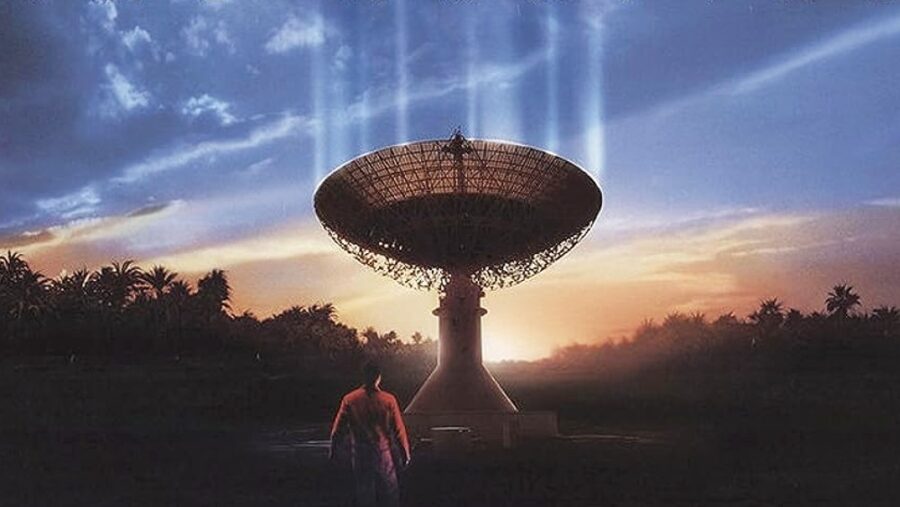
Does that mean we will discover other radio signals in space that are older than the one scientists recently recorded, or that contain more energy? It is very possible that we could, and even possible that such signals could exist without our detecting them. As these signals are quite short in nature, especially from a cosmic perspective, it’s actually truly remarkable that our astronomers are able to capture and record them to learn more about their origins.
With a great deal more than radio signals to study in space, there is a great deal of information to collect, and astronomers are constantly on the lookout for new discoveries. Those new discoveries, however, as this new information shows, may actually be only new to us and in fact very, very old.
The age, depth, and breadth of our universe continues to be explored by scientists, telling us once again, in the words of the Jodie Foster film Contact’s Eleanor Arroway, “how small and insignificant and rare and precious we all are.”










